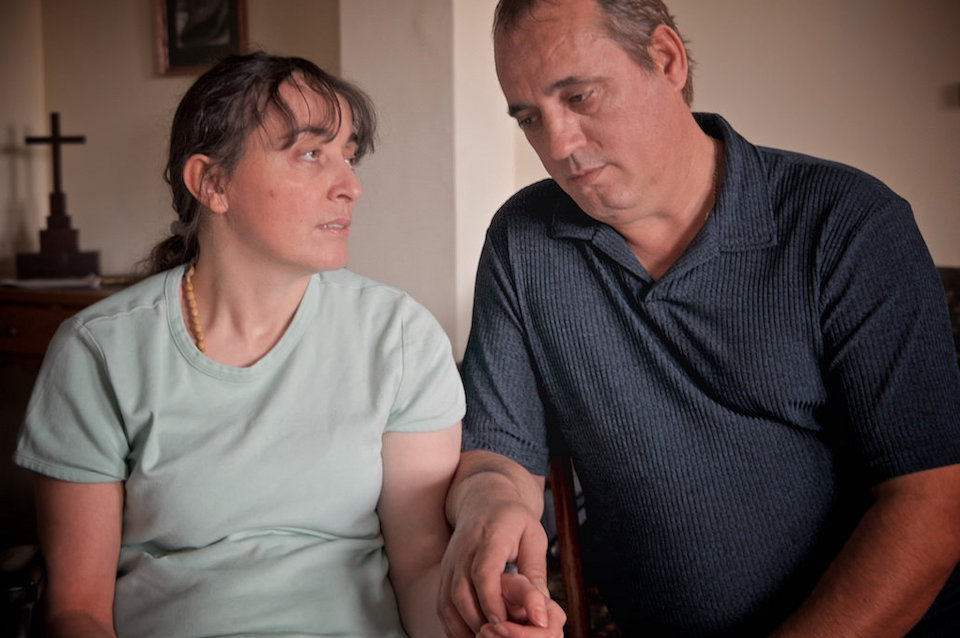Detroit Central United Methodist Church gives sanctuary to an Albanian family.
KAY DEMOSS
Senior Editor-Writer, Michigan Conference
January 23, 2018 | DETROIT, Michigan – A husband and wife sit in a living room, holding hands. They talk about their kids, one a student at U of M Dearborn, the other in Southgate High School. A TV sits across the room. A loaf of freshly baked bread rests in the kitchen. A huge teddy bear smiles down from the top bunk in the bedroom.
Just any typical family anywhere in the U.S. Yes, in terms of what they value. No, in terms of the circumstances in which they find themselves. The Rranxburgaj family—father Ded, mother Flora, eldest son Lawrence, and his brother Eric—are living in quarters, reminiscent of Anne Frank, within the friendly confines of Central United Methodist Church in Detroit, Michigan.
The boys are free to come and go to attend to their education. Their mother, Flora Rranxburgaj, suffers from multiple sclerosis so her world knows some limits. Ded, her husband of almost 30 years, has been her primary caregiver since she fell ill. And that is why he sought sanctuary at Central UMC last Tuesday, January 16, rather than report for a random check-in with U.S. Immigration and Customs Enforcement (ICE).
“I want to say everything true,” Ded explains. ”I’ve been here for 17 years. My wife for many years has been very sick. I follow all the rules like every immigrant does. Now they try to send me back. I hope God sees us and makes the family stay together.”
Suffering oppression and hardship under Communism, Ded and Flora left Albania and lived for a time in Europe and Canada before arriving in the United States in 2001. During their time in Michigan, Ded has worked as a cook, in construction, for a landscaper. “Whatever I could do to earn $20, I did. I have worked for 17 years without a day off,” Ded remarks. “Perhaps this time here [inside the church] is my vacation because, with no choice, I am here.”
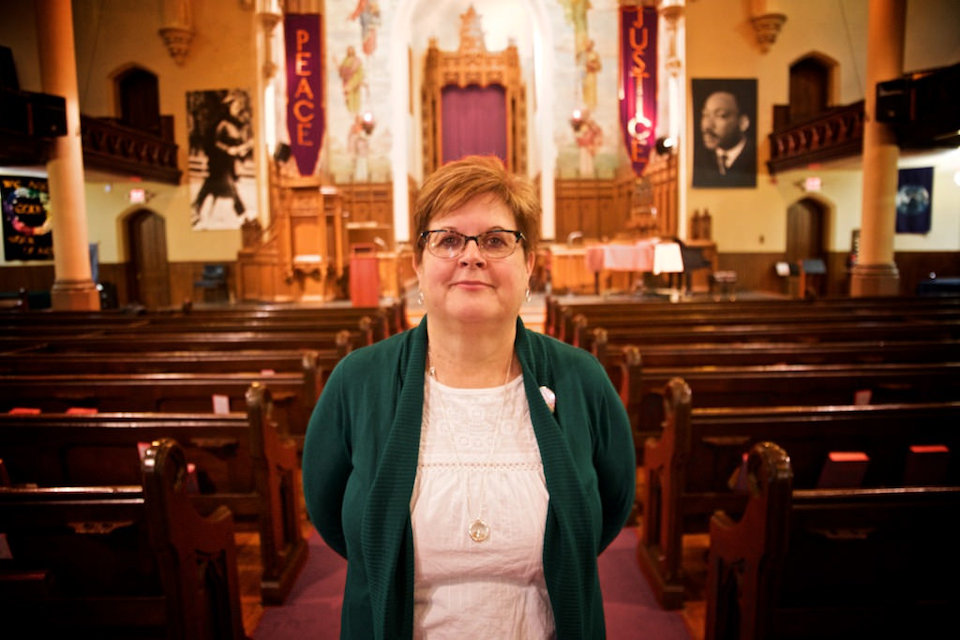
Caitlin Homrich-Knieling, an Immigrant Family Defense Organizer, is working with the family as “an urgent response case,” on behalf of Michigan United. She summarizes their situation. “The family came to the U.S. without status and tried to receive political asylum.” All their appeals were denied so they have remained in the country on a humanitarian basis. “Ded has a work authorization card,” Caitlin says. “He pays taxes. He is documented. He does, however, not have a status that protects him from deportation.” He reported to every check-in with Immigration until his legal counsel advised him not to last week.
Caitlin recalls the desperation that then brought Ded to Michigan United for help. “In Ded’s case, he seemed to be saying, ‘The idea of deportation is so horrendous for my family, so scary that I must disobey my order of deportation. This is my only option.’”
That is when Caitlin began to contact the several churches that comprise their sanctuary network. Among the email recipients was the Rev. Jill Hardt Zundel, Senior Pastor of Detroit Central since 2014. When asked, “Is your sanctuary open?” Zundel responded, “Yes. We can take them in.”
Detroit Central had formally voted to become a sanctuary congregation in January of 2017. The Rranxburgaj family was the second to be welcomed as guests. The first to occupy the sanctuary home space was a family from Africa with nowhere to go. Because they were seeking political asylum, their time at Central was very private. That has not been the case with Ded, Flora and their boys.
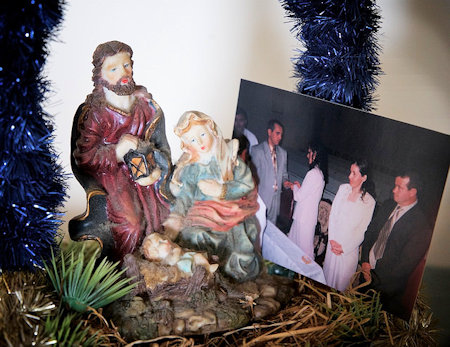
“The news coverage this time has been constant,” Zundel says. “As the only pastor at Central, I stress about the bulletin and the shut-ins and the Ad Council as I deal with the details of getting this story out.” But she quickly adds, “There is a sense of peace that comes with it as you know you are doing the right thing.”
The church’s responsibility is two-fold: housing the family while meeting their basic needs and advocating on their behalf. “You want to make sure they feel comfortable and as safe as possible,” Pastor Zundel notes.
“Further, this is a congregation that believes strongly in immigration reform, so how can we change the systems that are oppressing people such as these.”
The church’s relationship with the Rranxburgajs is one more chapter in a long history of social activism from their place in the center of the city. “Last year the sanctuary turned 150-years-old.” Jill recalls. “They wanted to have a big celebration of this space but I suggested that we not celebrate the room. Let’s talk instead about how Central has been a sanctuary.”
Her list includes empowerment of women and minorities, welcoming people of different sexual orientations and the homeless … and now an Albanian family. “Sanctuary for us has always meant something bigger than just this space where worship happens on Sunday morning,” she notes.
The pastor acknowledges that the church has taken risks over the decades but “this takes on more responsibility than anything else we have ever done.” Over the past 40 years ICE has never entered a church building in pursuit of an individual whom they intend to deport.
However, Zundel reports, “We have eyes and ears open during the week and especially on Sunday.” And the Building Superintendent has been instructed to find her, even in the pulpit, if government officials arrive.
For now it is Michigan United that deals with official matters between the family, lawyers and Immigration. In the meantime, the congregation moves forward with support and hospitality. In the midst of the upheaval of anything resembling a normal routine, Jill and others take care of the things that make for home. She provides grocery money but leaves trips to the Macedonian market to the Rranxburgaj sons who shop with the list their father supplies. She remembers one exchange, when Ded asked, “May I have permission to buy Pepsi? My boys like Pepsi.” She gave assurance that was okay and was later pleased with Eric’s happy report, “I got Pepsi. Thirty-six cans!” A little bit of freedom and grace in a grocery bag is part of what sanctuary involves.

It’s been a week since the family walked through the doors of Central United Methodist Church in Detroit. No one knows how long they will stay. But as long as they are guests, they will be loved and cared for. Why would a church make such a commitment? “Jesus said, ‘I was a stranger and you took me in.’ and the Old Testament said clearly, ‘You were foreigner in a foreign land,’ so treat foreigners like brothers and sisters,” Pastor Zundel reflects. When someone left a comment on Facebook, “You are breaking the law and that’s against the Bible,” she reports thinking, “This is a higher law. This is protecting the vulnerable and the weak and I think that’s what Jesus called us to do.”
Bishop David Alan Bard, episcopal leader for the Michigan Conference has voiced his support for the church. “The action of Detroit Central will cause consternation among some and will be cheered by others,” he remarks. “While we as a country work to make our immigration system more sound and sane, while we also work to keep our nation safe and secure, we would do well to focus on offering kindness and compassion in the name of Jesus Christ. We should extend mercy to those who have worked hard to be good community members here in the United States.’” Click here for the bishop’s full remarks.
Caitlin Homrich-Knieling asserts that community support is vital for an individual like Ded to be granted a Stay of Removal by ICE. Such a stay may be for one year or until his care is no longer necessary. A determined and worthy individual who clearly has strong support—letters, calls, emails, persons present at events on his or her behalf—has a better chance of being granted a Stay of Removal.
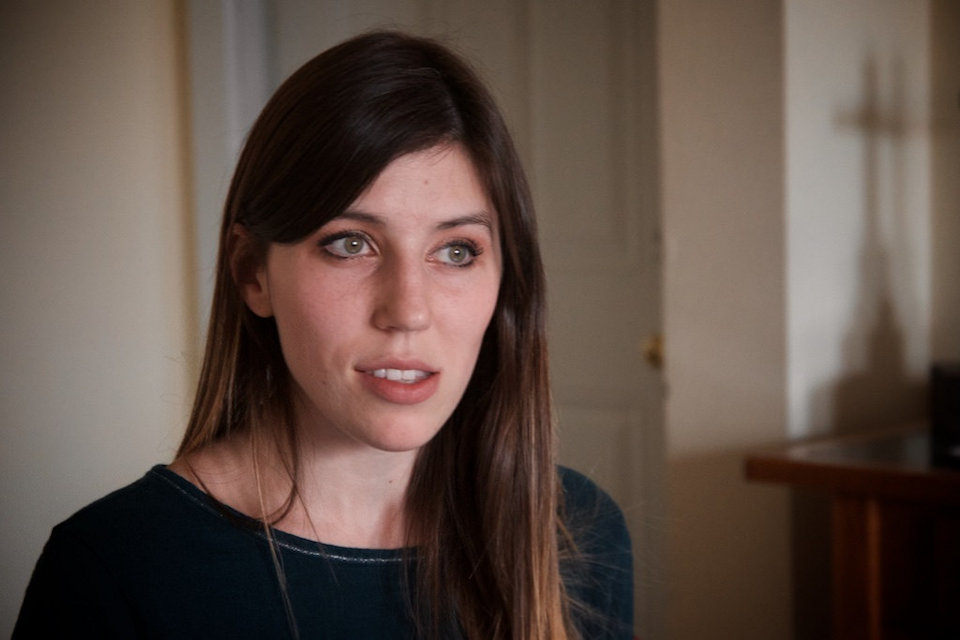
She and Pastor Zundel offer this list of ways persons may give support to the Rranxburgaj family:
- Donate to the GoFundMe page that is accepting contributions for food and housing expenses. Those who prefer, may send a check payable to Detroit Central United Methodist Church with memo to “sanctuary.” Mail to 23 E. Adams, Detroit MI 48226;
- Write a letter to Rebecca Adducci, Director of the Detroit ICE Field Office supporting the family and urging a Stay of Removal; DHS, ICE Office, 333 Mt. Elliott Street, Detroit MI 48207 or Rebecca.j.adducci@dhs.gov;
- Write Representatives and Senators encouraging immigration reform;
- Contribute goods or services (e.g. transportation) for the family by emailing Pastor Jill Zundel at revdrjill@hotmail.com.
- Watch Michigan United website for news of rallies and other events.
There are lots of letters coming into the church these days, some with dollars and some with encouragement. “We have a lot of churches telling us, ‘Way to go!’” says Pastor Jill. “To them I say, ‘You can do this, too!’” She also encourages both those who would support her guests and those who would support ICE to seek common ground. “I understand that some want him deported,” she observes. “But in the midst of all the arguments can we all work together to fix a broken system?”
Caitlin adds, “We need to understand that while this family’s story is compelling, it is not exceptional. Every immigrant family depends on each other just as much as this family does. At some point every family must depend on each other.” Common ground.
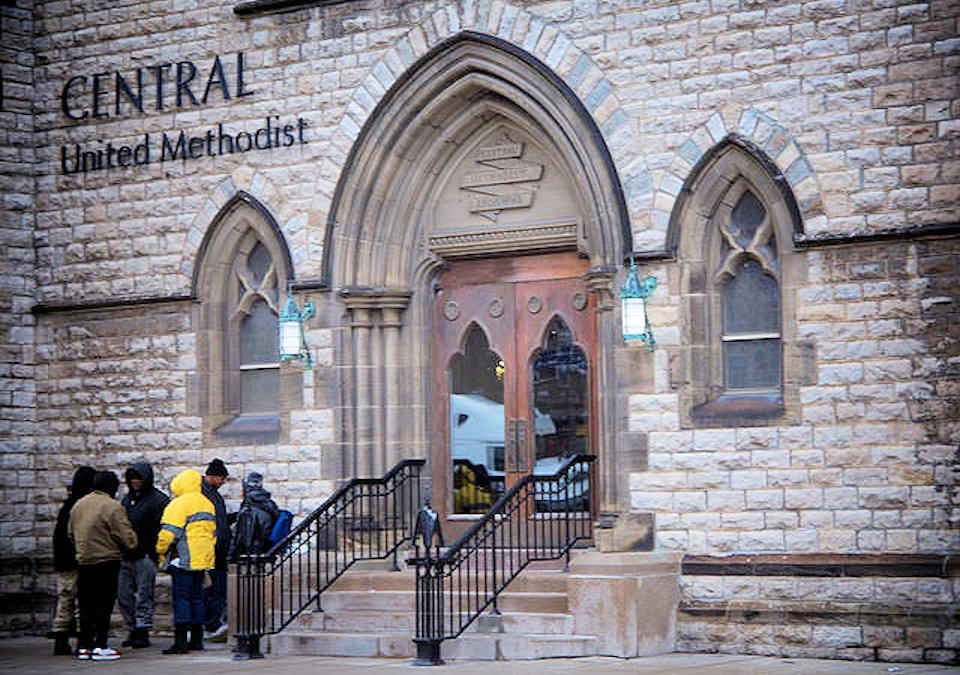
Ded’s mother, 98-years-old, is still alive in Albania. Were he to be deported, he would see her for the first time in 20 years. “I cry because I never see her again,” he says, “but my family here is too important.”
Detroit Central is believed to be the oldest Protestant Church in Michigan, founded in 1810. During its 200+ years it has been many things to many people. Ded Rranxburgaj and his family are among the most grateful to walk through the church’s open doors.
“Now I am here at this church,” Ded says. “Thanks for the very nice people who save my life. Perhaps this is my last chance coming here. I hope people know what’s going on with my family.”
~For more photos go to Michigan Conference Flickr.
Last Updated on November 2, 2023

